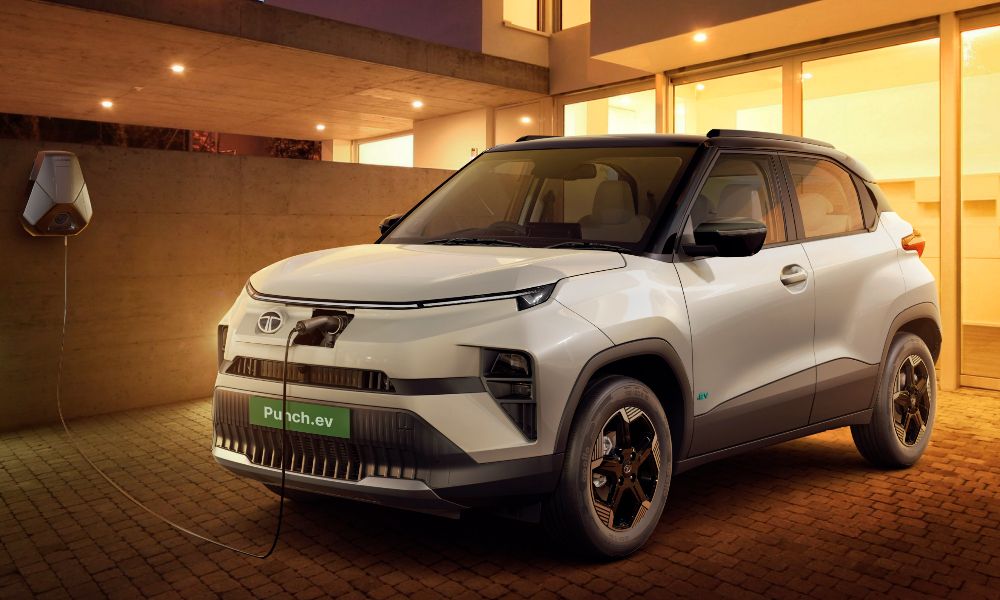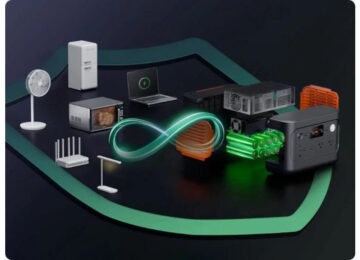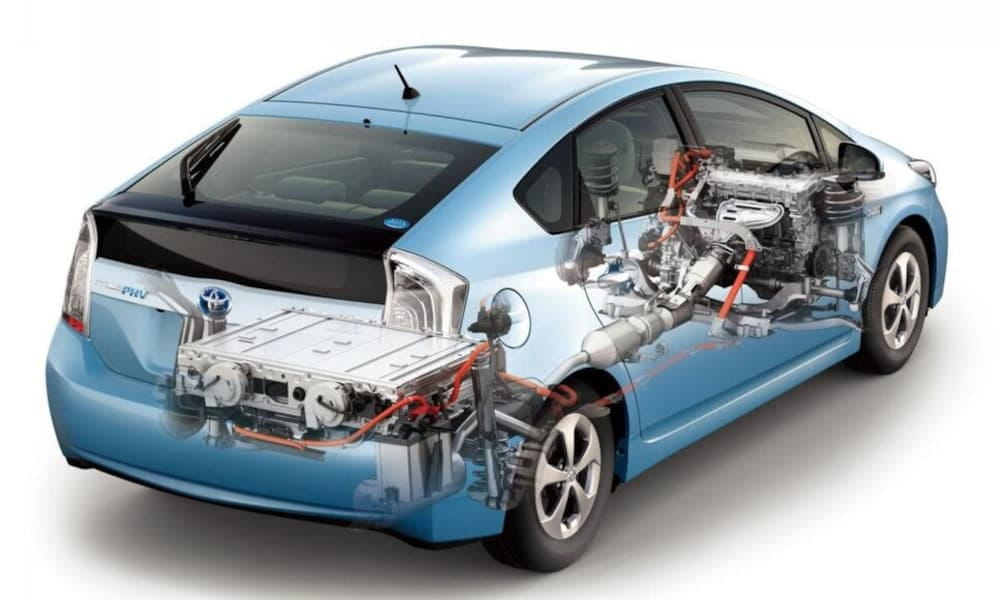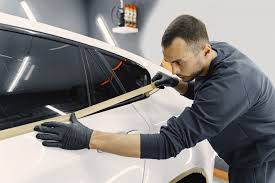When it comes to fueling your vehicle, one of the most common debates centers around whether to use premium gasoline or regular unleaded. While some drivers assume premium gas is better for their engine, others question whether the extra cost is truly necessary. As modern vehicles evolve, the role of premium gas has become more complex, leaving many consumers puzzled.
In this article, we’ll break down the key aspects of premium gasoline, its benefits, and whether your vehicle actually needs it, helping you solve the premium gas puzzle in contemporary vehicles.
What is Premium Gasoline?
Premium gasoline, often identified by its octane rating of 91 or higher, differs from regular unleaded gas (87 octane) in its ability to resist engine knocking. Engine knocking occurs when the air-fuel mixture ignites prematurely, potentially causing damage to the engine over time. Premium fuel is designed to prevent this pre-ignition in high-performance engines by withstanding higher compression ratios and temperatures.
Key Differences Between Regular and Premium Gas:
- Octane rating: Premium gas has a higher octane rating, typically 91-93, compared to regular unleaded, which has an octane rating of 87.
- Engine compatibility: Premium fuel is often recommended for high-compression engines or turbocharged engines that generate more heat and pressure.
Why It Matters:
While the higher octane rating helps prevent engine knocking, it’s only beneficial if your vehicle is specifically designed to take advantage of it. For many vehicles, using premium gas when it isn’t required may offer no performance gains.
Does Your Car Really Need Premium Gas?
The most important factor in determining whether to use premium gas is understanding your vehicle’s fuel requirements. Modern engines are designed with advanced technologies that may or may not require high-octane fuel. Many cars today run perfectly fine on regular gas, even if the manufacturer recommends premium.
When Premium is Required:
- High-performance vehicles: Cars with high-compression engines, such as sports cars or luxury models, often require premium gas to achieve optimal performance. These engines are designed to take advantage of the higher octane fuel to produce more power efficiently.
- Turbocharged engines: Turbocharged engines can generate extra heat and pressure, which may lead to knocking if regular fuel is used. Premium fuel helps manage this by providing better resistance to pre-ignition.
- Manufacturer recommendations: If your vehicle’s manual specifies premium fuel as a requirement, it’s best to adhere to it. Using regular gas in such vehicles can lead to reduced engine performance or long-term damage.
When You Can Use Regular Gas:
- Recommended but not required: Some vehicles may list premium gas as “recommended” but not required. In these cases, you can use regular gas without damaging your engine, though you might experience a slight drop in performance or fuel efficiency.
- Everyday driving: If you drive a non-high-performance vehicle or rarely push your car to its limits, regular unleaded fuel is likely sufficient.
Impact of Premium Gas on Performance and Fuel Efficiency
One of the main reasons drivers consider using premium gas is the belief that it will enhance their vehicle’s performance and fuel efficiency. However, the actual benefits can vary greatly depending on the type of vehicle and how it’s driven.
Performance Gains:
- For high-performance cars: Premium gas can lead to noticeable performance improvements in high-performance vehicles, especially during acceleration or when the engine is under heavy load. These engines are tuned to take full advantage of higher-octane fuel, maximizing horsepower and torque.
- For regular cars: In vehicles that don’t require premium gas, switching to higher-octane fuel will typically result in little to no noticeable performance improvement. Modern engines with advanced computer systems can adjust to lower-octane fuel without significant issues.
Fuel Efficiency:
- Marginal improvements: Some drivers report slightly better fuel economy when using premium gas, but the difference is often minimal and may not justify the added cost. Any fuel efficiency gains tend to be more pronounced in vehicles specifically designed for premium gas.
Cost Considerations: Is Premium Worth the Price?
Premium gasoline can be significantly more expensive than regular unleaded, and for many drivers, the added cost doesn’t translate to a proportional benefit. In 2024, the price gap between regular and premium fuel remains considerable, often prompting drivers to question whether it’s worth the extra money.
Cost vs. Benefit:
- For required vehicles: If your vehicle’s manual specifies premium fuel, the added cost is a necessary investment to ensure your engine runs smoothly and avoids potential damage. Not using premium in these cases could result in costly repairs down the line.
- For recommended vehicles: If your vehicle only recommends premium gas, the financial benefits of using regular fuel might outweigh the slight drop in performance or efficiency. Drivers should weigh their priorities—performance versus savings—before deciding.
The Future of Premium Gasoline in Contemporary Vehicles
As automakers move toward more efficient and environmentally friendly vehicles, the role of premium gasoline is likely to evolve. Hybrid and electric vehicles (EVs) are becoming more prevalent, reducing reliance on traditional gasoline altogether. However, for performance enthusiasts and drivers of high-end luxury vehicles, premium fuel will likely remain a necessity for the foreseeable future.
Hybrid and Electric Trends:
- Declining use of premium gas: With more hybrids and EVs on the market, the overall demand for premium gasoline may decline. These vehicles don’t require gasoline at all or rely minimally on it, further shifting fuel usage patterns.
- Premium for performance: Despite the rise of alternative fuel vehicles, the need for premium gas in performance cars and turbocharged engines is likely to persist due to the high demands placed on these engines.
Conclusion
The decision to use premium gasoline depends largely on your vehicle’s specific needs and your driving habits. While high-performance and turbocharged vehicles benefit from premium fuel, most everyday drivers can save money by using regular unleaded without sacrificing much in terms of performance or efficiency. As technology advances, it’s essential to stay informed about your car’s fuel requirements and make choices that align with both your budget and driving goals.












